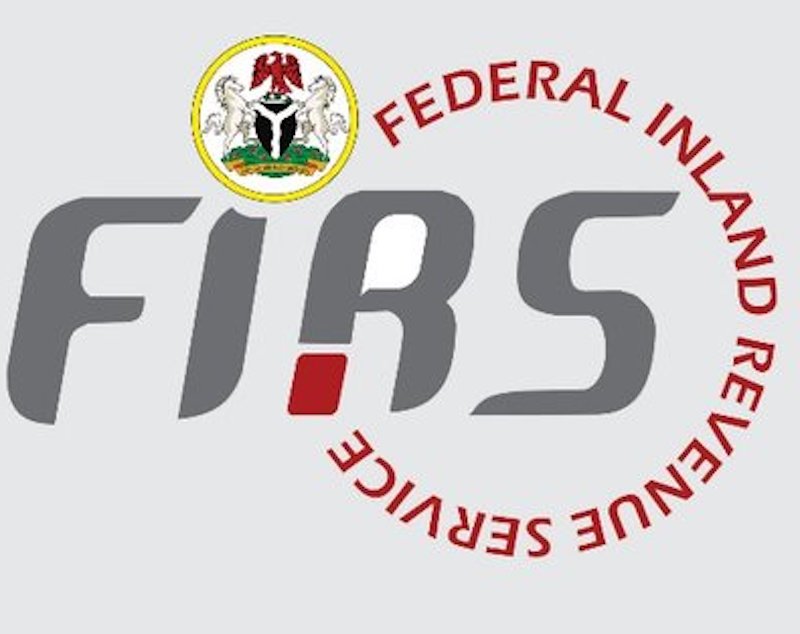The Federal Inland Revenue Service (FIRS) has collected a total of ₦22.59 trillion in taxes between January and September 2025.
The Chairman of FIRS, Dr. Zacch Adedeji, announced this in a statement, describing the achievement as proof of the success of the agency’s ongoing fiscal and administrative reforms.
He explained that between October 2023 and September 2025, total revenue collections reached ₦47.39 trillion. This figure represents 115% of the agency’s target for the period, which reflects strong fiscal performance and improved compliance.
Non-Oil Revenue Leads the Growth
Dr. Adedeji said the performance highlights FIRS’ transformation drive and diversification strategy. Importantly, non-oil revenue contributed 76% of total collections, showing a clear shift away from oil dependence.
He revealed that oil tax revenue reached ₦5.29 trillion (98% of target), while non-oil tax collections hit ₦17.3 trillion (128% of target).
In addition, non-import VAT achieved 137% of its target, while import VAT reached 131%, reflecting better efficiency and compliance across sectors.
Transition to Nigeria Revenue Service (NRS)
Furthermore, Adedeji confirmed that FIRS will officially transition to the Nigeria Revenue Service (NRS) on January 1, 2026.
The new agency will take on a wider role, including the collection of non-tax revenues from the Nigeria Upstream Petroleum Regulatory Commission (NUPRC).
He added that this transformation is part of the government’s fiscal modernization plan. It aims to ensure fairness, transparency, and competitiveness in Nigeria’s tax system.
Digital Reforms and Global Partnerships
To modernize operations, Adedeji said FIRS has implemented the National Single Window Project. This initiative simplifies trade, connects key agencies, and improves coordination at ports.
Similarly, the agency launched the National e-Invoicing Solution in August 2025 to promote transparency and real-time transaction monitoring.
In addition, FIRS opened nationwide tax clinics to educate taxpayers, especially small businesses and informal operators.
On the international front, Nigeria, through FIRS, concluded five mutual agreement processes with Belgium, France, and the Netherlands. It also formed training partnerships with the Swedish Revenue Agency to improve voluntary compliance.
Moreover, FIRS finalized tax treaty negotiations with Hong Kong, Botswana, Tanzania, Rwanda, and Switzerland. It has also started fresh discussions with Saudi Arabia, Kuwait, Qatar, Morocco, India, and Jersey to strengthen Nigeria’s global tax framework.
Commitment to Transparency and Innovation
Dr. Adedeji reaffirmed FIRS’ commitment to fairness and innovation. He said the agency continues to invest in staff development and digital tools to enhance service delivery.
“FIRS has evolved into a modern, technology-driven, and service-oriented institution.
We remain committed to simplifying taxation, maximizing revenue, and driving national development through innovation and collaboration,” he said.
Conclusion
The impressive FIRS revenue performance reflects the success of Nigeria’s ongoing fiscal reforms.
As the agency transitions to the Nigeria Revenue Service in 2026, it aims to strengthen transparency, simplify tax processes, and support economic growth through innovation and partnerships.




https://shorturl.fm/ZY5Bj